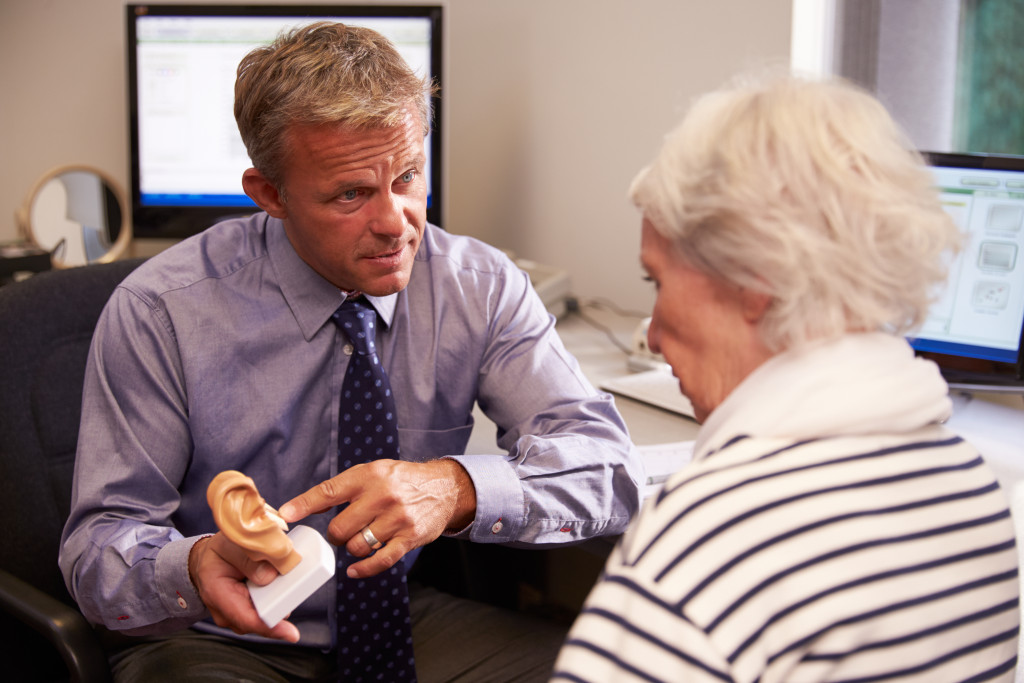- Constant dizziness can make it difficult to function normally and take a toll on your life.
- Common causes include low blood pressure, medication side effects, dehydration, and ear problems.
- Treatment options include talking to a medical specialist, taking medication, making lifestyle changes, and doing physical therapy.
- You can overcome constant dizziness and reclaim your life with the right approach.
A little bit of light-headedness is normal, especially when tired or under stress. But if you’re experiencing constant dizziness that lasts more than a few minutes, it might be time to take a closer look at what’s happening. Consistent dizziness can take a toll on your life, making it difficult to concentrate and function normally. If that’s the case for you, there are steps you can take to address the issue. Here are some of the most common causes and treatments for constant dizziness.
How To Identify Dizziness
The feeling of dizziness can be complicated to describe, but it’s usually characterized by a sense of unsteadiness and light-headedness. In some cases, you may even feel like the world is spinning around you. Other symptoms of dizziness can include nausea, disorientation, and blurred vision.
Common Causes of Constant Dizziness
There are many reasons why you may be experiencing dizziness, ranging from minor issues to severe medical conditions. Some of the most common causes of constant dizziness include:
Low Blood Pressure
Your blood pressure naturally fluctuates throughout the day, but if it drops too low, you may experience dizziness. That’s because lower blood pressure can restrict the amount of oxygen and nutrients that reach your brain. This disrupts the balance of your inner ear, which is responsible for controlling your sense of equilibrium.
Medication Side Effects
If you’re taking any medications, it’s possible that one of the side effects could be dizziness. Make sure to check with your doctor to ensure you aren’t experiencing any adverse reactions to your medications. This could be due to either an allergic reaction or a reaction to the drug itself.
Dehydration
When you don’t drink enough fluids, your body becomes dehydrated. This can lead to dizziness by reducing the blood and oxygen your brain receives. With dehydration, you may also experience nausea and headaches. This can be prevented by drinking plenty of fluids throughout the day.

Ear Problems
Your inner ear is responsible for maintaining balance, so any problems with your hearing or balance can cause dizziness. This could be caused by anything from an infection to a build-up of fluid in your ears. If you’re experiencing consistent dizziness alongside hearing loss, tinnitus, or other ear-related symptoms, you should consult a medical specialist right away.
Treating Constant Dizziness
When dealing with constant dizziness, the first step is to identify the underlying cause. This will help you determine the most effective treatment options. Here are some of the common approaches to treating constant dizziness:
Talk to a Medical Specialist
Getting treatments without first identifying the cause can be a long and frustrating process. Talk to your doctor or a specialist to make sure you get the proper diagnosis and treatment plan. In many cases, a medical practitioner will most likely refer an experienced hearing specialist since continuous dizzy spells are often linked to ear problems.
Medication
Your doctor may prescribe medication to help alleviate the symptoms of dizziness, depending on the cause. Antihistamines, for example, can help reduce inflammation in the inner ear due to allergies or an infection. However, taking medication should only be done under the guidance of a doctor.

Lifestyle Changes
Making simple changes to your lifestyle can also help reduce dizziness. Especially if a doctor found out that the cause of dizziness is low blood pressure, increasing your salt and water intake can be beneficial. Moreover, getting enough rest and avoiding sudden movements can help your body recover from dizzy spells.
Physical Therapy
If all else fails, physical therapy can be a great way to manage dizziness. Physical therapists can help you learn how to move your body in ways that don’t trigger dizziness. This kind of therapy can also help reduce the symptoms of vertigo, an inner ear disorder that causes a sensation of spinning.
Dizziness can interfere with daily life in many ways. Thankfully, there are steps you can take to manage these symptoms. No matter what’s causing your dizziness, understanding the condition and finding the proper treatment can help you get back on track. With the right approach, you can overcome constant dizziness and reclaim your life. So, don’t wait any longer and start taking steps to find out what’s really going on.


